Questions of an Inquiring Commoner in Sanatana Dharma
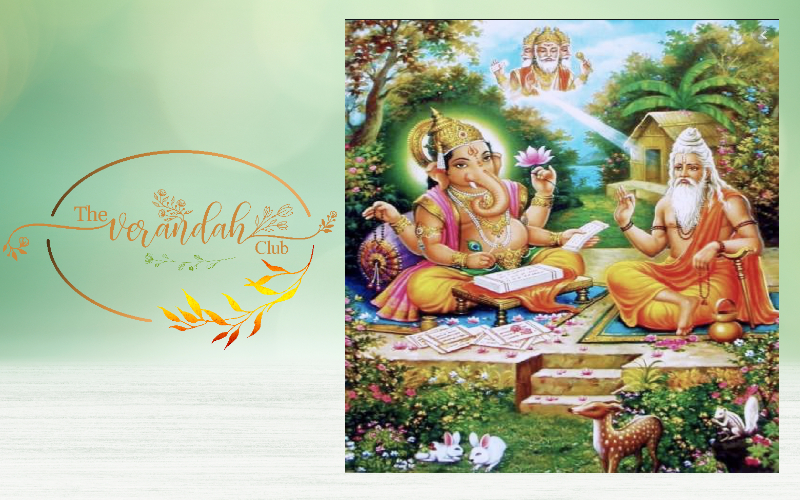
1. “Please explain the claim that the Vedas are ‘Apourusheya’ (Not of human creation)? Since the Vedas mention the names of some sages, the doubt arises whether the Vedas precede the sages, or the latter precede the Vedas? Were the sages mentioning their own names?”
The names of sages like, Vyaasa, Paraasara, Vaamadeva, etc., are called the Adhikaara Purushaas (Men of Authority). Just like a living entity (Jiva), who, on account of his good conduct (Punya) and austerities rises to the position of a Shiva or Brahma for every Kalpa or Vedic time scale, the sages like the ones mentioned above rise to the position of being the authority of the eternal Vedas and they mentioned their own names have no relevance. However, a pertinent question may rise: When sound is not eternal (Anithyathva), how can the Vedas, which are said to be, sound itself enjoy the position of eternity (Nithyathva)? When it is said that the Vedic sounds are eternal it does not mean that the sound, once propitiated will continue to prevail ‘on its own’, but that they prevail in their original pristine form. For example, the pronunciation of the Vedic chant Ishe-thva prevails in all the kalpas unchanged. It is not chanted as Ishethva or Thvaishe in different kalpas. In the same way all the Vedic chants enjoy this type of eternity called Aanu Poorvi.
Since the Lord is said to manifest (Saannidhyam) as the acharya, does the acharya possess the nine types of relationship (Nava Vidha Sambandha) mentions in the sacred chant (Thiru Manthra)? Vaishnavism does not assume physical similarities between the Lord and the acharyan. The Lord bestows on the acharyan aboundant divine knowledge, devotion, discipline to enable him to serve His devotees well. This conferment demonstrates the presence of physical differences and not comparable physical unity. The acharyan, because of his ready accessibility is endowed with unique qualitative features and is comparable to the feet and heart (mind) of the Lord. The Vaishnavites, therefore consider the acharyan very important to access the Lord, who undoubtedly is the repository of all that is in the acharyan and much more.
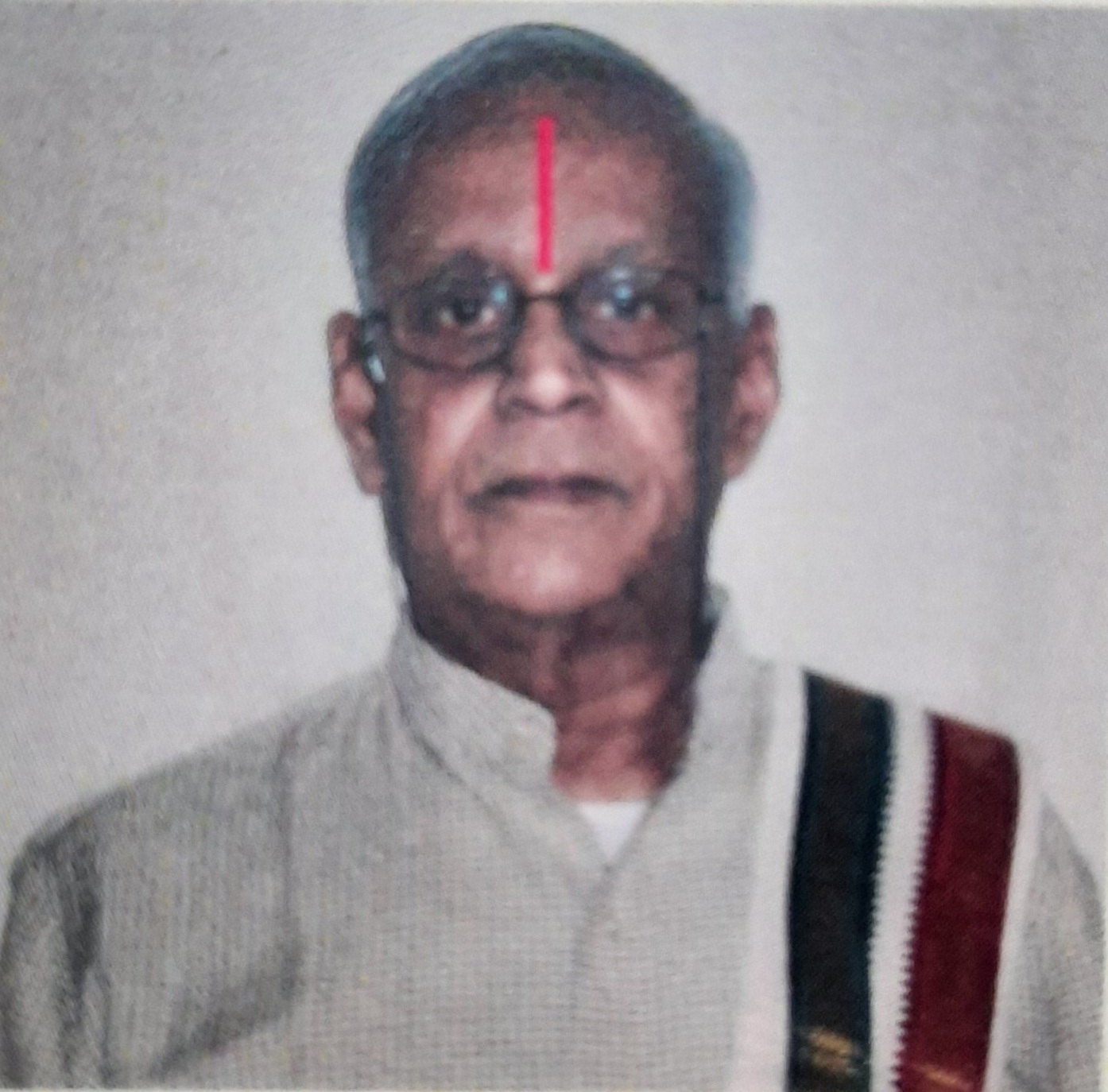
Sridharan Kidambi, born in 1938 at Chittoor (Now in Andhra Pradesh), took his M. A. Degree in Economics from Vivekananda College in 1962. He was a research scholar of the Madras University for two years. He is interested in a wide range of subjects like astronomy, poetry, comparative religion, philosophy, classical music, lyrics etc. Besides Tamil, his mother tongue and English, the academic language, he is familiar with Telugu, Sanskrit, and Russian.
NEXT ARTICLE
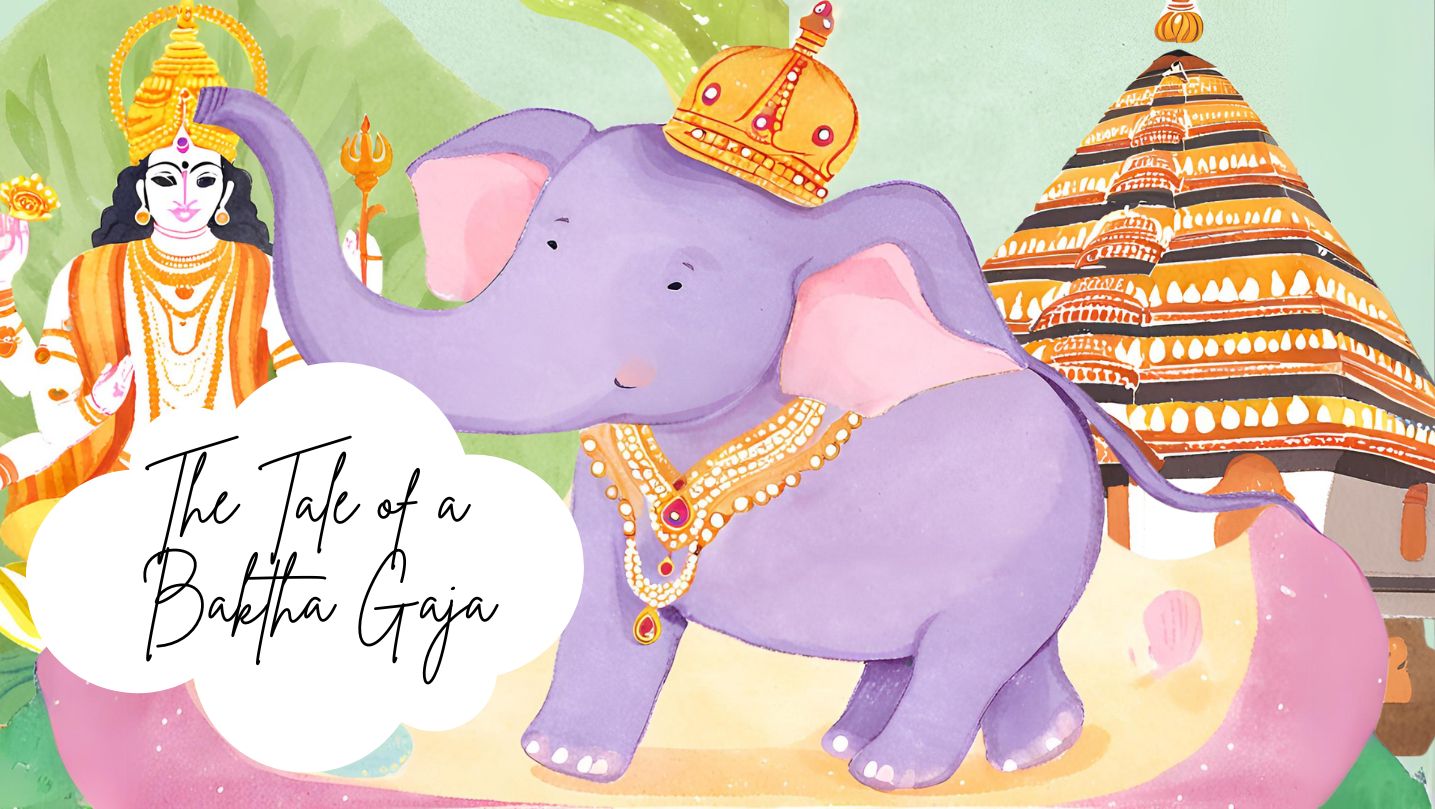
In the lush, green heart of Kerala lived an elephant who became a living legend - a tale of an elephant turned into a bakth. His name was Keshavan, bu...
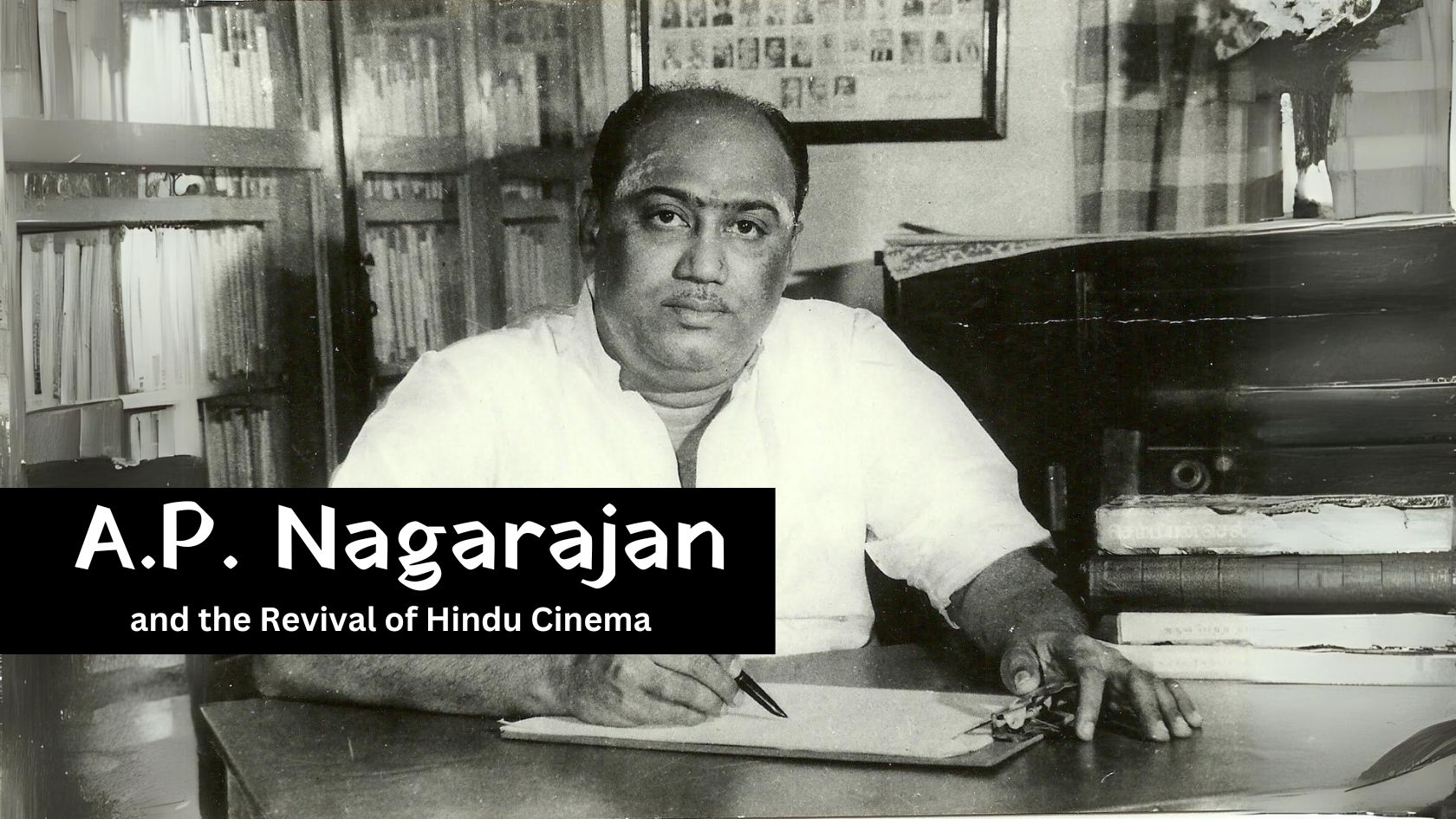
In the early days of cinema, both silent and talkie films thrived on puranas and ithihasas. However, as the years passed, especially by the late 1950s...
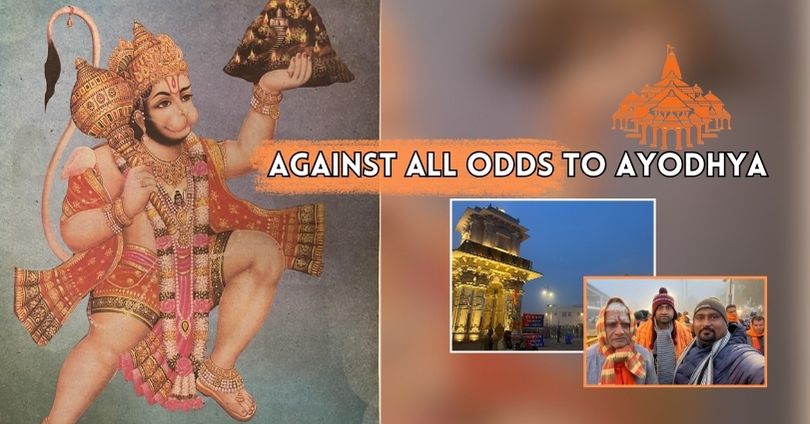
Life often presents us with choices that test our resolve, faith, and priorities. Attending the Prana Pratishtha of the Ram Lalla in Ayodhya had alway...